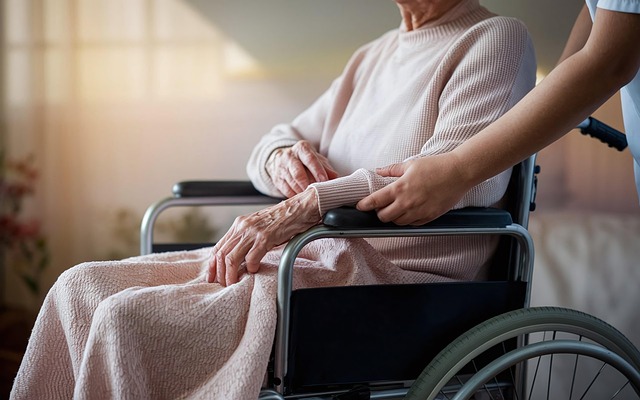Dance therapy empowers elders recovering from sexual abuse in Seattle by offering a non-verbal method to process trauma through movement, expression, and community. Elderly sexual assault lawyers play a crucial role in holding perpetrators accountable, protecting seniors' rights, and facilitating access to essential resources for survivors' holistic healing.
In Seattle, addressing elder sexual abuse requires holistic approaches like dance therapy, which offers a unique healing avenue for survivors. This article explores how dance therapy empowers elderly victims to process trauma, regain control, and find solace. We delve into its impact on emotional well-being, highlighting the therapeutic benefits of movement. Additionally, we discuss the crucial role of legal support in elder care recovery, ensuring justice for those affected by sexual assault. An elderly sexual assault lawyer in Seattle plays a vital part in holding perpetrators accountable and facilitating healing processes.
Dance Therapy: A Unique Healing Approach for Elders

Dance therapy offers a unique and powerful approach to healing for elders navigating sexual abuse recovery in Seattle. Unlike traditional talk therapy, this creative modality empowers individuals to express their emotions through movement, which can be especially beneficial for those who find verbalizing trauma challenging. The rhythmic and expressive nature of dance provides an alternative means of communication, allowing participants to tap into their feelings and release repressed emotions associated with the abuse.
In Seattle, where elder sexual assault cases are a growing concern, dance therapy can serve as a transformative tool in recovery programs. It fosters a sense of agency and self-expression, helping elders reclaim their bodies and identities after traumatic experiences. Through structured movement routines, participants can improve their physical coordination, balance, and flexibility, all while engaging in a therapeutic process that promotes emotional healing and builds resilience.
Unveiling the Impact on Sexual Abuse Survivors

Dance therapy offers a unique and powerful tool for healing among survivors of elderly sexual abuse in Seattle. Through expressive movement, participants can access and process traumatic memories in a safe and non-verbal manner, which is especially beneficial for those who may struggle to verbalize their experiences. The rhythmic and sensual nature of dance allows individuals to reconnect with their bodies and release suppressed emotions, providing an alternative outlet for trauma expression.
This therapeutic approach has been shown to improve emotional regulation, enhance self-esteem, and foster a sense of empowerment among survivors. By engaging in dance movements tailored to their personal stories, participants can reclaim their bodies and regain a sense of control, which is crucial steps towards recovery. Moreover, dance therapy sessions create a supportive environment, encouraging community and connection among individuals who have experienced elderly sexual assault, ultimately contributing to their overall well-being. An elderly sexual assault lawyer in Seattle may also recommend this form of holistic therapy as part of comprehensive abuse recovery programs.
Legal Support and Its Role in Elder Care Recovery

In the context of elder care, legal support plays a pivotal role in recovery from sexual abuse. An elderly sexual assault lawyer in Seattle is instrumental in holding perpetrators accountable and ensuring justice for victims. These professionals navigate complex legal systems to protect the rights of seniors, often facing unique challenges due to age-related vulnerabilities. By providing guidance and representation, they facilitate access to resources crucial for physical, emotional, and psychological healing.
Furthermore, legal support offers a sense of security and empowerment to survivors. It helps establish safe environments by imposing measures to prevent further abuse and ensure the well-being of elders. Elder sexual assault lawyers in Seattle contribute significantly to recovery programs by addressing not just the legal dimensions but also the broader societal impacts of such heinous crimes, fostering a culture of care and protection for vulnerable adults.





